Vaccines are more than routine shots—they’re one of the most effective ways to ensure your pet lives a longer, healthier life. From preventing life-threatening illnesses to supporting community-wide protection, vaccinations are a cornerstone of responsible pet care.
At Livingston Veterinary Hospital, we take a personalized, lifelong approach to vaccination. Every pet is different, and we tailor each vaccine plan to your pet’s age, breed, health history, and lifestyle. Whether you’re raising a new puppy or caring for a senior cat, we’re here to guide you through every stage of their health journey.
Learn more about our team and services on our team page or contact us.
Why Vaccinations Are Vital to Pet Health
Protection from Dangerous Diseases
Vaccines help prevent serious and potentially fatal illnesses such as:
- Rabies – A fatal, zoonotic disease that affects both pets and humans. Learn more about World Rabies Day and protecting your pet.
- Parvovirus – A highly contagious, often deadly virus in puppies. Read the Canine Parvovirus Update – AAHA.
- Canine Distemper – A virus affecting respiratory, gastrointestinal, and nervous systems. Learn more from the AVMA.
- Kennel Cough (CIRD) – A respiratory illness common in social environments. Review the AVMA’s guide to CIRD and AKC’s overview.
- Leptospirosis – A bacterial disease often spread through water. Understand risks with Puddle-Borne Pathogens – AAHA.
- Lyme Disease – A tick-borne illness with regional risk factors. More at Lyme Disease in Dogs – AVMA.
These diseases can cause lasting damage or even death—but most are preventable with timely vaccination. Review the 2022 AAHA Canine Vaccination Guidelines to learn how protocols are designed for optimal protection.
A Public Health Responsibility
Vaccinating your pet doesn’t just protect them—it also protects other pets and people. This is especially true for zoonotic diseases like rabies. Staying up-to-date helps prevent outbreaks in both domestic and wild animal populations.
Vaccination Schedules by Life Stage
Every pet’s vaccine needs evolve with age. That’s why we create personalized plans aligned with your pet’s development and health status.
Explore The Journey of a Lifetime – AAHA to understand your pet’s health milestones.
Puppies and Kittens: Building Immunity Early
- Start Core Vaccines at 6–8 Weeks:
- Puppies: Parvovirus, distemper, adenovirus, and often Bordetella.
- Kittens: Feline herpesvirus, calicivirus, and panleukopenia.
- Booster Shots every 3–4 weeks until 16–20 weeks.
- Rabies Vaccine typically given between 12–16 weeks (as required by state law).
Regular exams during this stage also ensure healthy growth and early detection of congenital conditions.
Adult Pets: Maintaining Strong Immunity
- Core Vaccines (rabies, distemper, parvovirus) are typically given every 1–3 years, depending on the vaccine and your pet’s exposure risk.
- Lifestyle-Based Vaccines:
- Dogs who frequent parks, daycare, or boarding facilities may need Bordetella (kennel cough), canine influenza, or leptospirosis vaccines.
- Cats that go outdoors may need feline leukemia virus (FeLV) vaccination.
Senior Pets: Reassessing Risk with Age
As pets age, their immune systems may weaken. Your veterinarian may adjust the vaccination schedule based on your senior pet’s health, exposure risk, and concurrent medical conditions. Preventive care visits also screen for chronic conditions that may alter vaccine recommendations.
Read more about Preventive Testing for Senior Pets.
Essential Vaccines: Core vs. Non-Core
For Dogs
- Core: Rabies, distemper, parvovirus, adenovirus.
- Non-Core (depending on lifestyle): Bordetella, leptospirosis, Lyme disease, canine influenza.
For Cats
- Core: Rabies, feline distemper (panleukopenia), calicivirus, and herpesvirus.
- Non-Core: Feline leukemia (FeLV), especially for kittens and outdoor cats.
Are Vaccines Safe? Understanding Risks & Reactions
Mild, Temporary Reactions
Some pets may experience minor side effects like:
- Lethargy or mild fever
- Soreness at the injection site
- Temporary decrease in appetite
These typically resolve within 24–48 hours.
When to Be Concerned
Rare but serious allergic reactions include:
- Facial swelling
- Vomiting or diarrhea
- Difficulty breathing
If these occur, contact us immediately. Learn more about the value of routine vet care at Why Are Regular Veterinary Visits Important?
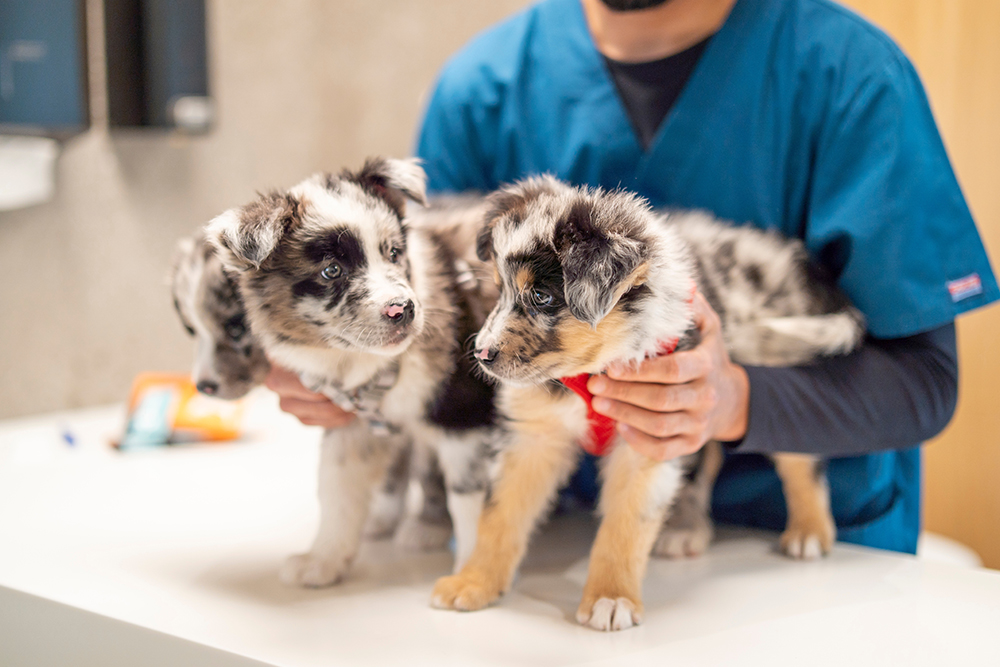
Our Commitment at Livingston Veterinary Hospital
We’re proud to be your partner in preventive care. When you bring your pet to Livingston Veterinary Hospital, you’ll get:
- A customized vaccine plan based on risk and lifestyle
- Transparent education on vaccine choices and timing
- Support for record keeping and reminders
- Gentle, low-stress vaccination appointments for pets of all ages
Vaccination isn’t just about a checklist—it’s a part of a bigger plan to help your pet live their best, healthiest life.
Ready to Update Your Pet’s Protection?
Whether it’s a first vaccine or an annual booster, our team is here to help. Schedule a visit today to make sure your pet’s vaccines are current—and their health is protected for the years to come.
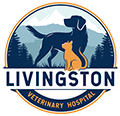

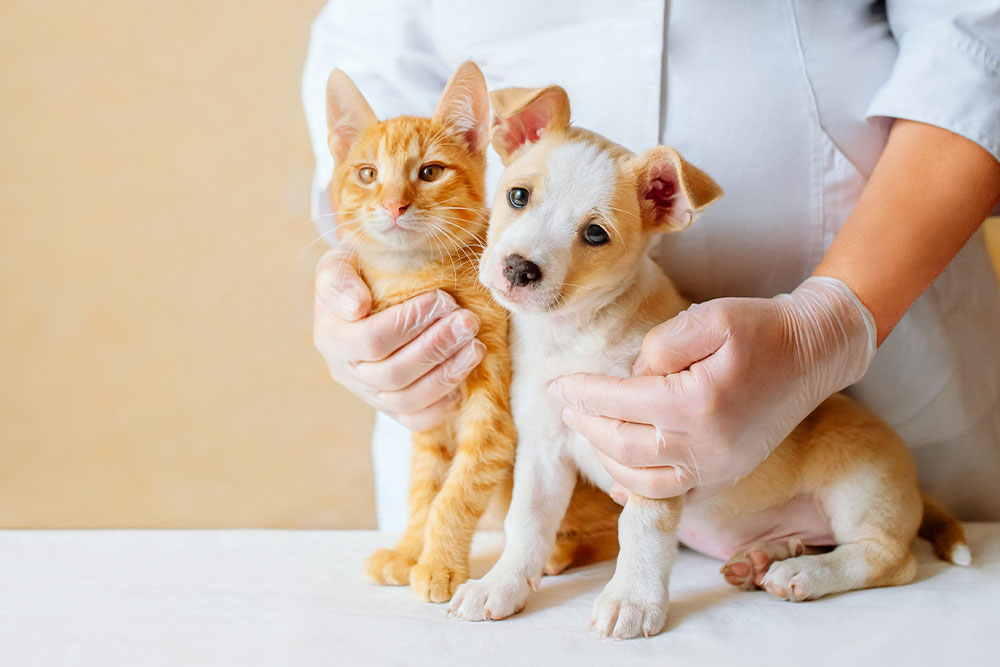

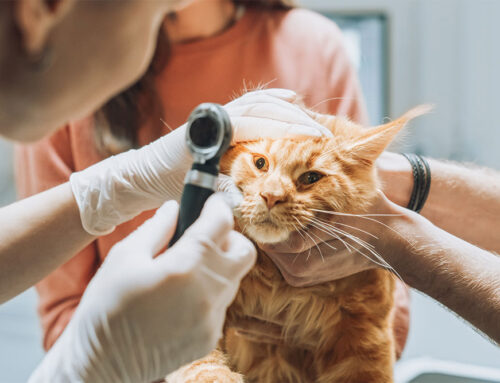

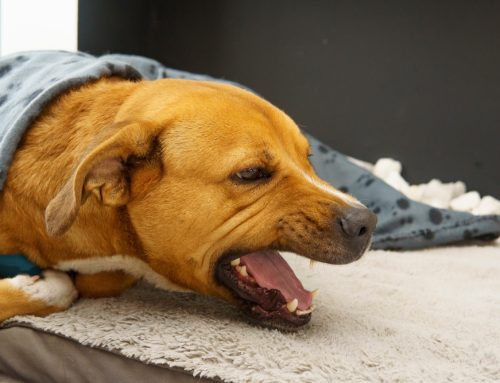
Leave A Comment